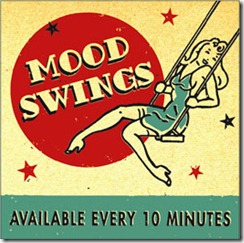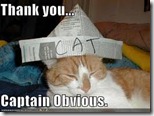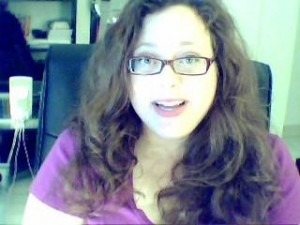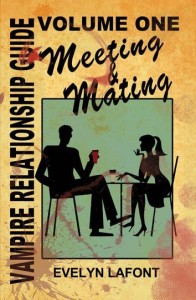Fiction-Zone: Leaps in Fiction Mastery by Diane Holmes
Character Meets Scene
“A character walks into a scene…” not with a priest or rabbi, but with a goal and an emotion.
That’s not usually how it’s taught. We writers tend to discuss a character’s goal, or a scene goal, or story goal in a rather factual, stand-alone way. (Or in an excited way that reflects our writing excitement and not the character’s excitement.)
But every character starts with an emotion in place.
Motivation is Not the Same as Emotion
I hear ya. You’re thinking, “You mean motivation!”
Actually. not at all, and that’s why this is important to talk about as writers.
#1 Motivation is not required to be emotional in nature, although it often is.
#2 Having chosen a motivation that is related to emotion doesn’t automatically mean the emotion is showing up on the page like it should. (Sometimes authors have powerful motivation, but they forget to demonstrate the emotion, because it seems obvious to them.)
#3 Most motivations don’t have a 1-to-1 correlation to a single emotion that never changes over the course of the story.
(You may be motivated, for example, to get a college degree because your parents invested all their hopes in you, and you never want to struggle the way they did, but in this scene… are you happy, frustrated, joyful, nervous?)
#4 The motivation that generates a specific emotion, may not have much to do with the dominant emotion in the present scene. Characters (same as you and I) have emotions all the time that have nothing to do with the motivations that propel our goals.
For example, maybe today you’re frustrated because your car wouldn’t start and had to be jumped. This isn’t how you wanted your morning to go. Now you’re in class, listening to the lecture, and you’re still frustrated.
But this doesn’t have anything to do with your goal to get a college degree. You didn’t fail a class because of this. The school didn’t kick you out. But you are under emotional stress.
So, when you think of emotion…
Think of the emotion your character is actually feeling right now, based on what has happened, what is happening, and what your character fears will happen, plus your character’s personality, his or her stress level, fears, hopes, etc.
<To be continued….>
–> Have you spotted an emotionally fickle character? Report your sighting here.
—
 Diane writes two columns for Freelance-Zone:
Diane writes two columns for Freelance-Zone:
- Fiction-Zone: Leaps in Fiction Mastery and
- Marketing-Zone: Marketing-Zone: Marketing Yourself and Your Book.
She’s also the Founder and Chief Alchemist of Pitch University – “Learn to pitch your book from the AGENTS and EDITORS who make their living at it. Learn. Pitch. Sell.”









